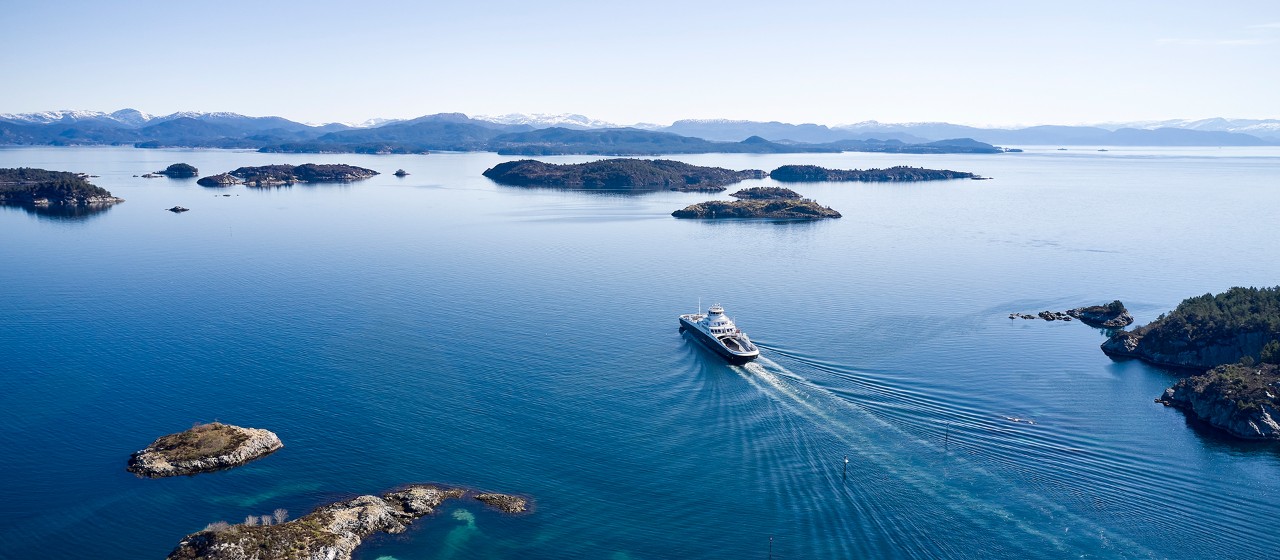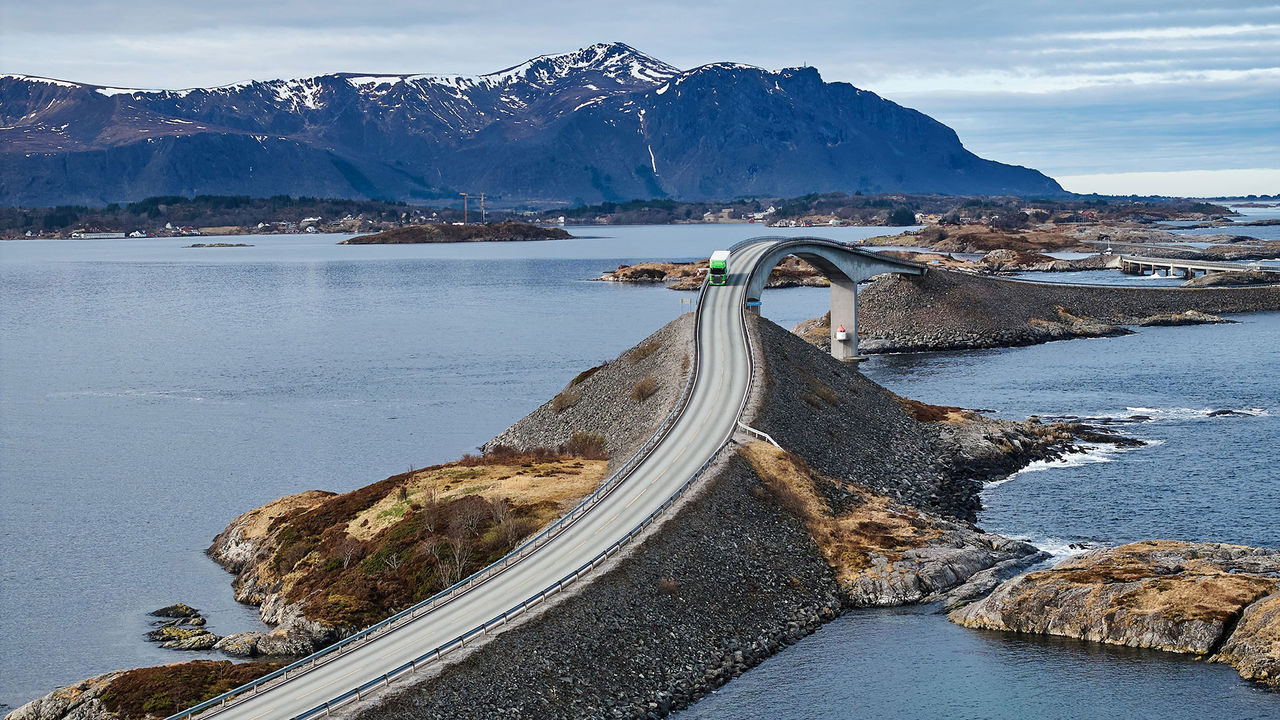
Sustainable transport
At Scania, there is no separate strategy for sustainability. Instead, sustainability is at the core of our business strategy aiming to align our targets and activities with sustainable development. Scania’s overarching purpose is to drive the shift towards a sustainable transport system. To achieve this goal, Scania must both do the right things in terms of solutions for sustainable transport but also act as a responsible business and do things right environmentally, socially and ethically.
Sustainable transport for people and planet
To drive the shift to a sustainable transport system, we need to lead by example. Across our business, we are focused on managing our impacts on people and the planet throughout our value chain.
Ensuring our actions create a better tomorrow
Find out how we’re working to achieve sustainable transport.
The shift towards a sustainable transport system is underway, and Scania is taking a leading role in driving it. Learn more about how we at Scania are addressing our sustainability aspirations directly through our products, services and solutions.
